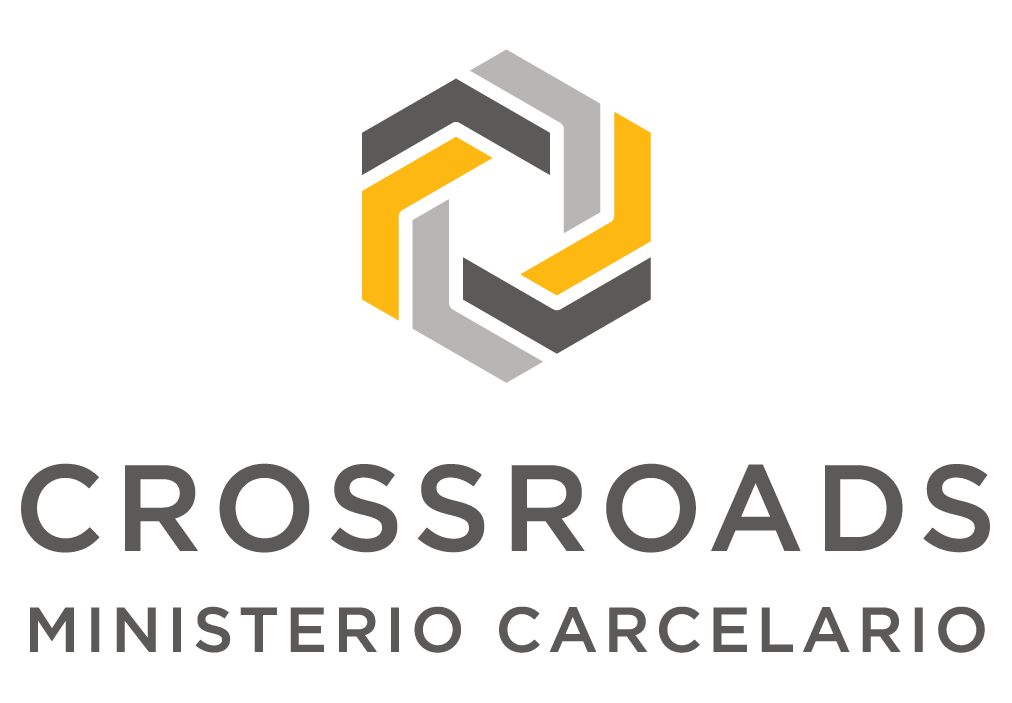 Although few of us have experienced mandatory sentencing or drone surveillance, we have all been watched by traffic cameras. In a recent article for Sojourners, CBI president Dr. David Schuringa extrapolates from this experience to comment on new trends in criminal justice—trends that are anything but biblical.
Although few of us have experienced mandatory sentencing or drone surveillance, we have all been watched by traffic cameras. In a recent article for Sojourners, CBI president Dr. David Schuringa extrapolates from this experience to comment on new trends in criminal justice—trends that are anything but biblical.
Traffic cameras give average Janes and Joes a taste of mandatory sentencing such as that imposed by the notorious three-strikes laws. The public is weary of mandatory sentencing because it ties the hands of judges by preventing them from administering justice in each unique circumstance.
We got to mandatory sentencing by misconstruing justice as raw payback. If justice is about payback, who needs judges? But if justice is about making things right and restoring shalom, you need a judge to weigh the evidence, understand the context, evaluate the situation, and make a determination on how best to go forward. Because it lacks due process, “one size fits all” sentencing is a far cry from justice.
Not unrelated, Dr. Schuringa argues, is the future of domestic drones. With increased surveillance, due process could become less common as photographic evidence takes the place of trials, judges and juries.
Drone surveillance will render traffic cameras child’s play as we turn civilian living space into a war zone. Sure, we may need fewer squad cars, which would result in incredible savings. But I can’t get justice from a drone that mails me tickets — or from one that shoots me. And, as always, especially the poor and marginalized will be vulnerable.
In the face of worrying trends in criminal justice, Dr. Schuringa urges Christians to turn to Scripture to learn more about the biblical concept of justice. “Short-circuiting justice makes for grumpy prophets,” he writes, citing Amos 5:10, 12 and 15.
CBI urges supporters to pray that justice will be sought diligently and that all people, especially the poor and minorities, will have equal access to the courts.
Read the full article and share your own thoughts at Sojourners.


